Dad 1989

A man's life is upended when he's called upon to care for his aging father. As he navigates the challenges of providing care, he reconnects with family members and confronts his own values. Through this experience, he rediscovers the importance of family bonds and gains a deeper understanding of his father's life and the wisdom that comes with age, leading to a heartwarming and often humorous exploration of intergenerational relationships.
Does Dad have end credit scenes?
No!
Dad does not have end credit scenes. You can leave when the credits roll.
Meet the Full Cast and Actors of Dad
Explore the complete cast of Dad, including both lead and supporting actors. Learn who plays each character, discover their past roles and achievements, and find out what makes this ensemble cast stand out in the world of film and television.
No actors found
External Links and Streaming Options
Discover where to watch Dad online, including streaming platforms, rental options, and official sources. Compare reviews, ratings, and in-depth movie information across sites like IMDb, TMDb, Wikipedia or Rotten Tomatoes.
Ratings and Reviews for Dad
See how Dad is rated across major platforms like IMDb, Metacritic, and TMDb. Compare audience scores and critic reviews to understand where Dad stands among top-rated movies in its genre.

43
Metascore
tbd
User Score

6.3 /10
IMDb Rating

63
%
User Score
Take the Ultimate Dad Movie Quiz
Challenge your knowledge of Dad with this fun and interactive movie quiz. Test yourself on key plot points, iconic characters, hidden details, and memorable moments to see how well you really know the film.
Dad from 1989 Quiz: Test your knowledge about the poignant family dynamics and challenges depicted in the movie 'Dad from 1989'.
What health crisis does Bette experience while shopping?
Heart attack
Stroke
Fall
Allergy
Show hint
Awards & Nominations for Dad
Discover all the awards and nominations received by Dad, from Oscars to film festival honors. Learn how Dad and its cast and crew have been recognized by critics and the industry alike.
47th Golden Globe Awards 1990

Full Plot Summary and Ending Explained for Dad
Read the complete plot summary of Dad, including all major events, twists, and the full ending explained in detail. Explore key characters, themes, hidden meanings, and everything you need to understand the story from beginning to end.
Jake, at the age of 78, is gently roused from sleep by his devoted wife, Bette, who diligently prepares his clothes for the day, assists him at breakfast, and accompanies him on a grocery trip. However, tragedy strikes when Bette suffers a heart attack in the store. Meanwhile, their son John is preoccupied with his business matters until he receives a concerning call from his sister, Annie, about their mother’s condition.
John rushes to the hospital to find Bette anxiously fretting over Jake’s well-being. Upon a visit to Jake at their family home, John realizes the profound impact Bette’s absence has on Jake, whose growing senility hampers his understanding of the situation. Annie articulates how structured Jake’s daily life has become because of Bette, urging John to step in and help. Faced with the heart-wrenching decline of his father, John feels compelled to assist Jake with basic tasks like dressing for bed.
As the days progress, John attempts to convey the reality of Bette’s situation to Jake, emphasizing the importance of independence moving forward. He breaks down household chores into simple instructions for Jake, preparing him for the responsibilities that lie ahead. A visit to a bingo hall rekindles Jake’s spirits as he reconnects with old friends, though it is evident that the shadow of loss looms over him as many have passed.
John brings Jake to the hospital to visit Bette, where Annie expresses relief over Jake’s demeanor. However, Bette grows increasingly worried about Jake’s eating habits. Later, John introduces Jake to a business environment where Jake’s instincts as a former worker clash with John’s corporate strategies, leaving Jake bewildered by the business world’s harsh realities.
After obtaining a new driver’s license, John and Jake share a nostalgic moment on the front lawn, throwing a baseball together. As John’s estranged son, Billy, returns from college, he finds himself assisting Jake in the backyard greenhouse. Jake reminisces about a time when the entire family was together, though the memory feels fragmented, leaving him puzzled.
Bette’s return from the hospital brings the family together for dinner, but tensions surface as Billy contemplates leaving school for a life in Mexico. A concerning health issue arises when Jake discovers blood in his urine, prompting a visit to the doctor who reveals a dire diagnosis of bladder cancer. In a moment of kindness, John lies to both Bette and Jake, assuring them both that everything will be alright.
As the reality of Jake’s illness sinks in, he temporarily succumbs to shock upon learning the full gravity of his condition. The family navigates through a mix of emotions as Jake’s health declines further, leading John to confront the medical professionals, resulting in a frantic escape from the hospital with his father.
Coming home does not bring solace, as Jake struggles with ominous memories and confusion about his family’s past. One fateful night, John discovers Jake hiding beneath his bed, struggling with his internal demons. This prompts another return to the hospital where Jake receives a proper diagnosis of seizure and coma. John, refusing to leave his father’s side, decides to room with him, tending to Jake’s needs while managing his own business responsibilities from afar.
An impromptu visit from Billy at Jake’s bedside shows a glimpse of family unity as they hold onto hope. Remarkably, Jake awakens, sharing clarity and lucidity, leaving the doctors astounded by his swift recovery. Their bond rekindled, John and Billy take Jake out to shop for vibrant new clothes, bringing a moment of joy to Bette.
However, as Bette and John are drawn into a series of arguments over Jake’s peculiar behavior, it becomes evident that Jake’s mind is creating a fantasy life rooted in nostalgia. A psychologist warns John that Jake’s idyllic memories of a farm family life are symptoms of mental health struggles that require validation from Bette.
Reluctantly, Bette engages with their community, as John pushes her to reconnect with the neighbors they had once ignored. In doing so, they try to reclaim a semblance of normalcy, but Bette finds Jake’s newfound interests unsettling. With family ties becoming strained, Jake’s desire to dance with Annie symbolizes his yearning for connection before his time runs out.
Tragedy looms once more as the doctor reveals that Jake’s cancer has metastasized, and time is short. In a contemplative conversation with Billy, John reflects on the cost of his ambition contrasted with the importance of family. Each visit to Jake serves as a poignant reminder of love, loss, and regret as they share past memories and forge new ones.
As John curls up beside Jake in the hospital, they experience fleeting moments of clarity and connection, with Jake expressing pride in John’s achievements. Ultimately, the film culminates in a bittersweet farewell after Jake’s passing, as John and Billy, dressed in the clothes they shared with him, find solace in their memories of an extraordinary life and a heartfelt goodbye to the man who loved them unconditionally.
Uncover the Details: Timeline, Characters, Themes, and Beyond!

Coming soon on iOS and Android
The Plot Explained Mobile App
From blockbusters to hidden gems — dive into movie stories anytime, anywhere. Save your favorites, discover plots faster, and never miss a twist again.
Sign up to be the first to know when we launch. Your email stays private — always.
Watch Trailers, Clips & Behind-the-Scenes for Dad
Watch official trailers, exclusive clips, cast interviews, and behind-the-scenes footage from Dad. Dive deeper into the making of the film, its standout moments, and key production insights.
Cars Featured in Dad
Explore all cars featured in Dad, including their makes, models, scenes they appear in, and their significance to the plot. A must-read for car enthusiasts and movie buffs alike.
Dad Themes and Keywords
Discover the central themes, ideas, and keywords that define the movie’s story, tone, and message. Analyze the film’s deeper meanings, genre influences, and recurring concepts.
Dad Other Names and Titles
Explore the various alternative titles, translations, and other names used for Dad across different regions and languages. Understand how the film is marketed and recognized worldwide.
Similar Movies To Dad You Should Know About
Browse a curated list of movies similar in genre, tone, characters, or story structure. Discover new titles like the one you're watching, perfect for fans of related plots, vibes, or cinematic styles.
Quick Links: Summary, Cast, Ratings, More

What's After the Movie?
Not sure whether to stay after the credits? Find out!
Explore Our Movie Platform
New Movie Releases (2026)
Famous Movie Actors
Top Film Production Studios
Movie Plot Summaries & Endings
Major Movie Awards & Winners
Best Concert Films & Music Documentaries
Movie Collections and Curated Lists
© 2026 What's After the Movie. All rights reserved.












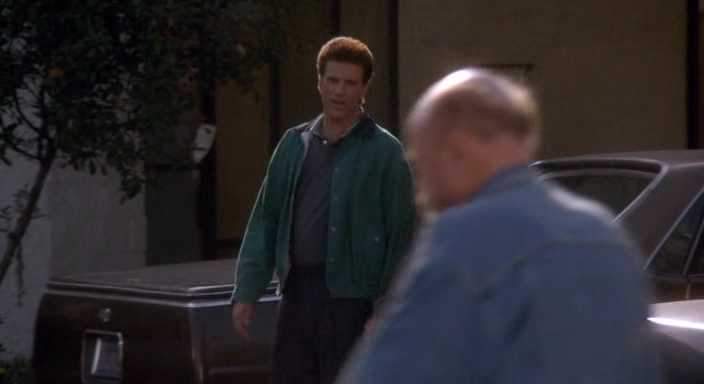
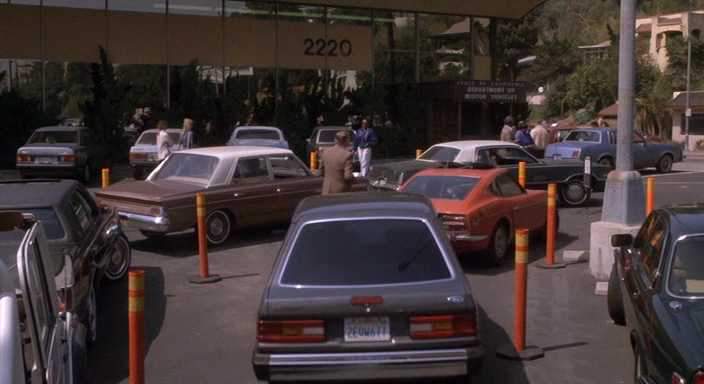
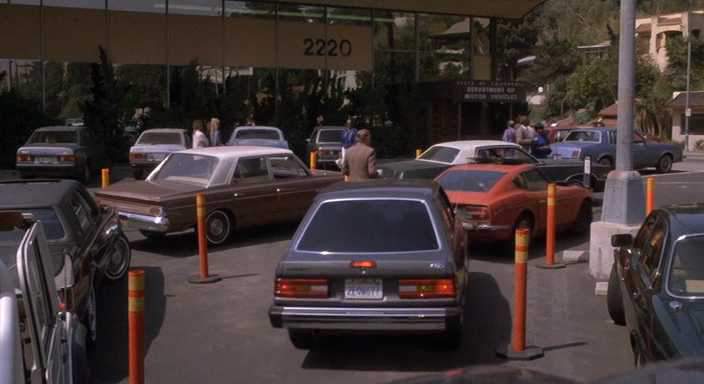
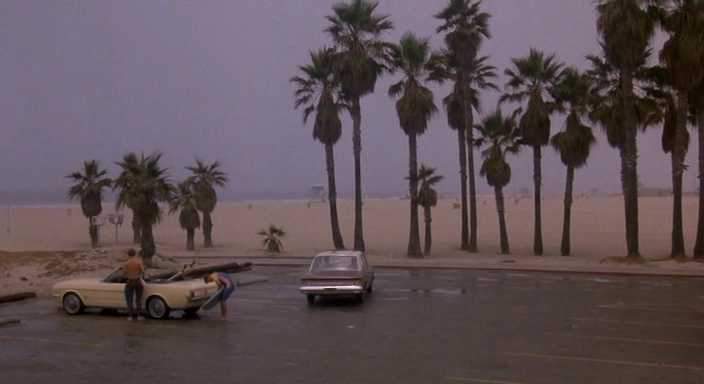
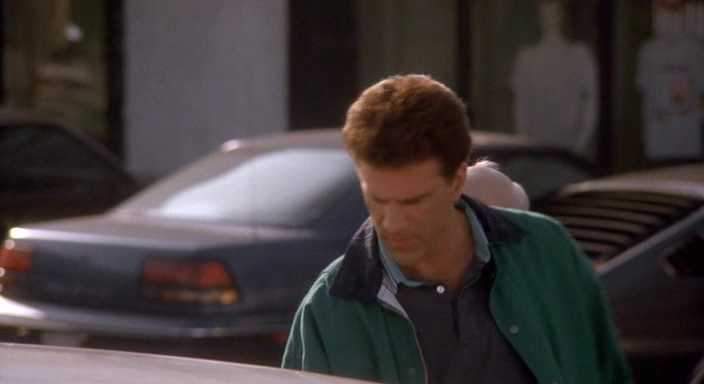
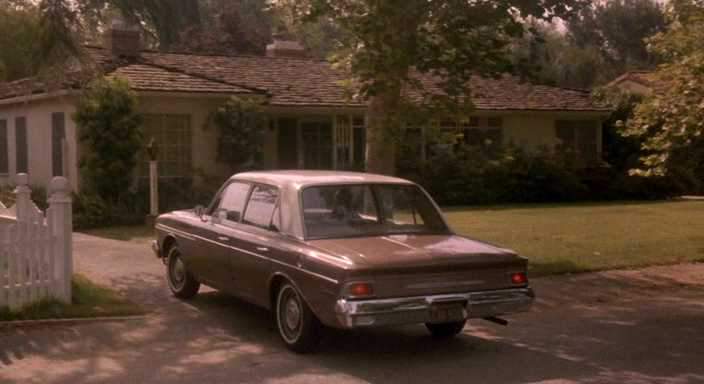
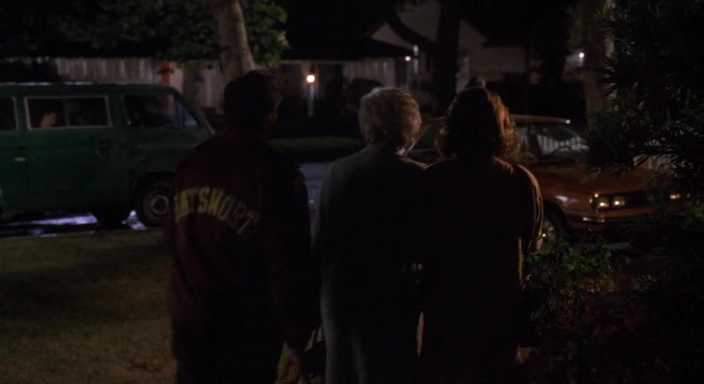
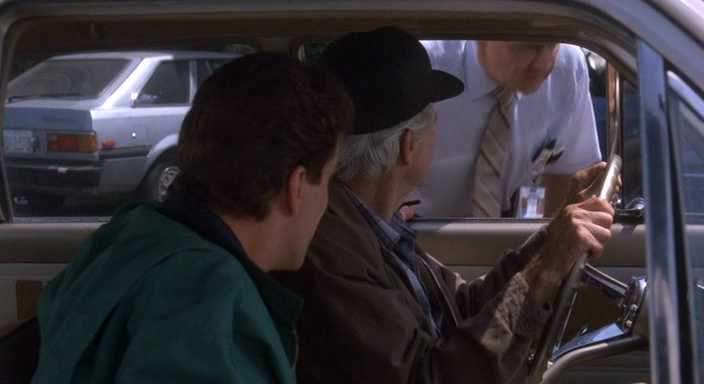
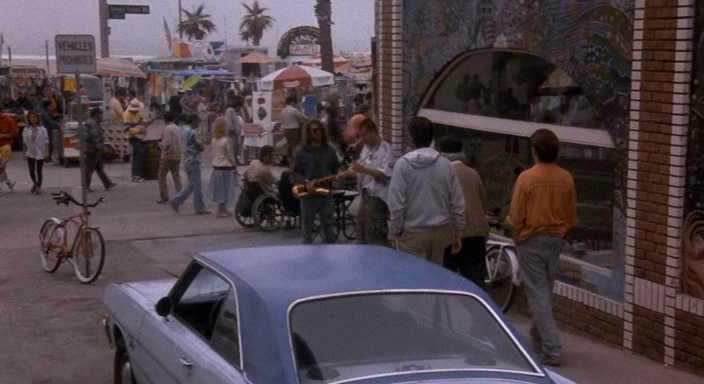
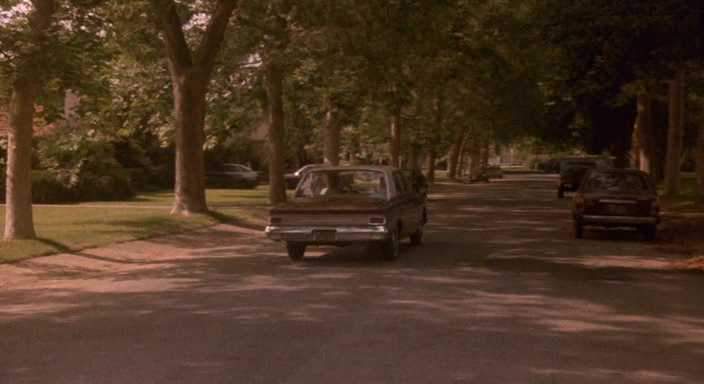
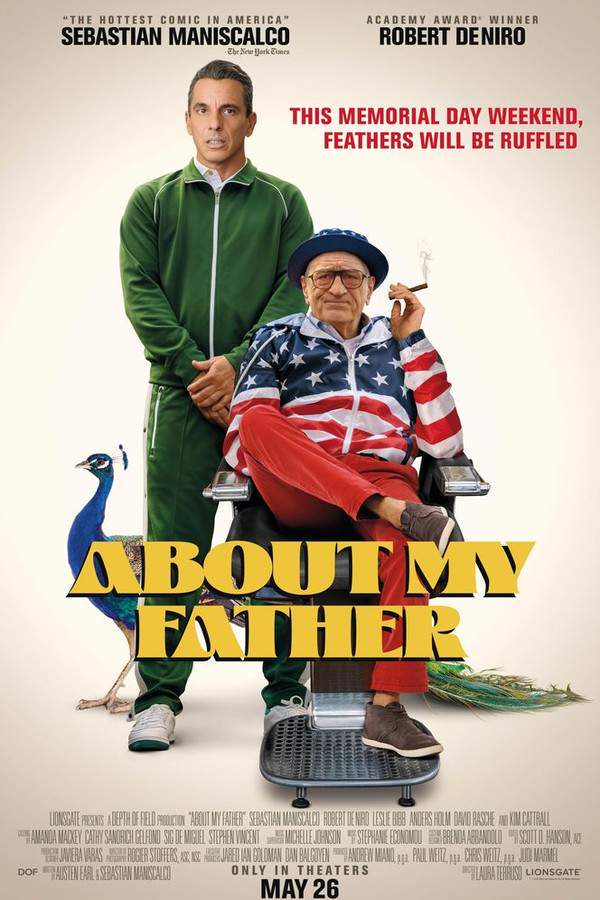
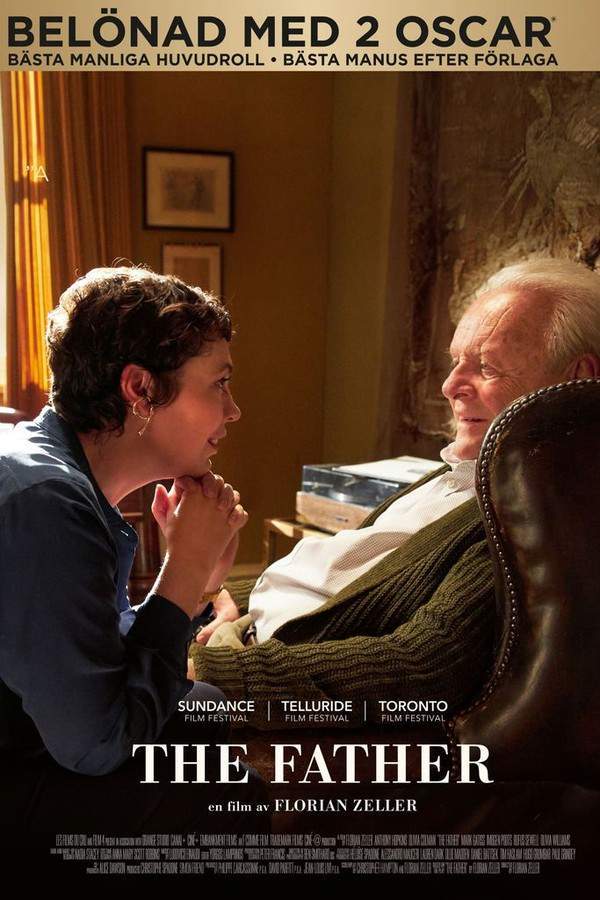



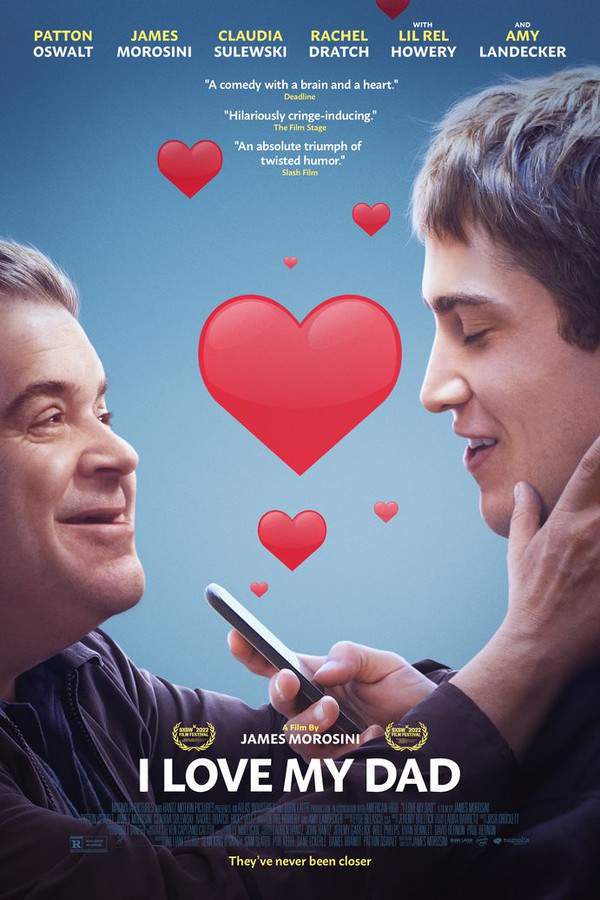
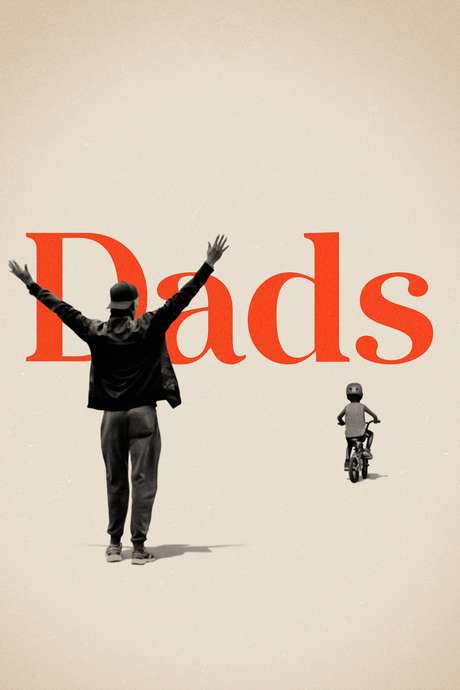
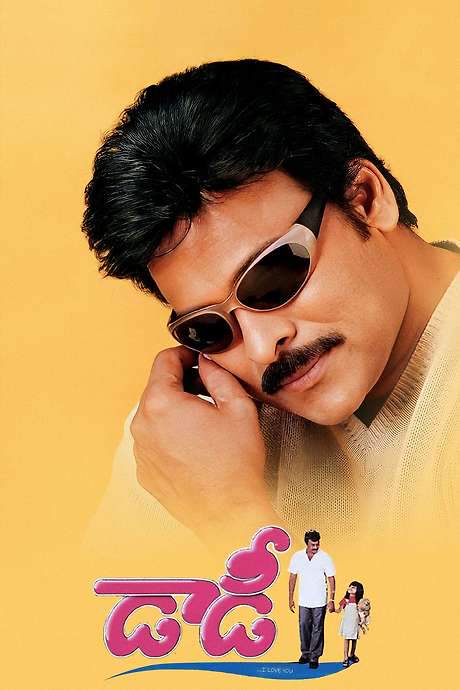

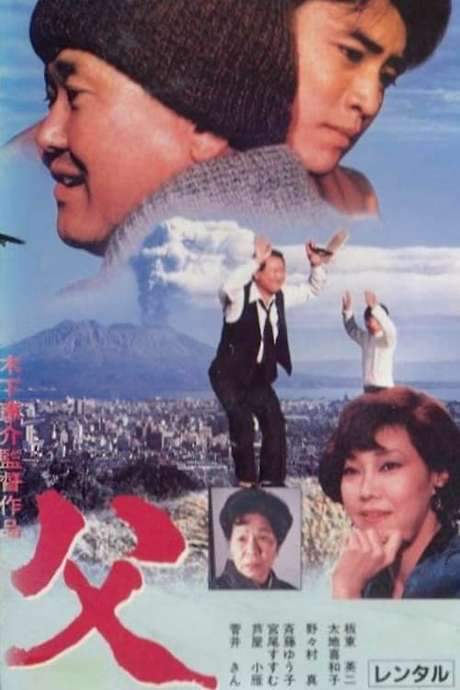
-quAWlSnq0iVC4g.jpg)







